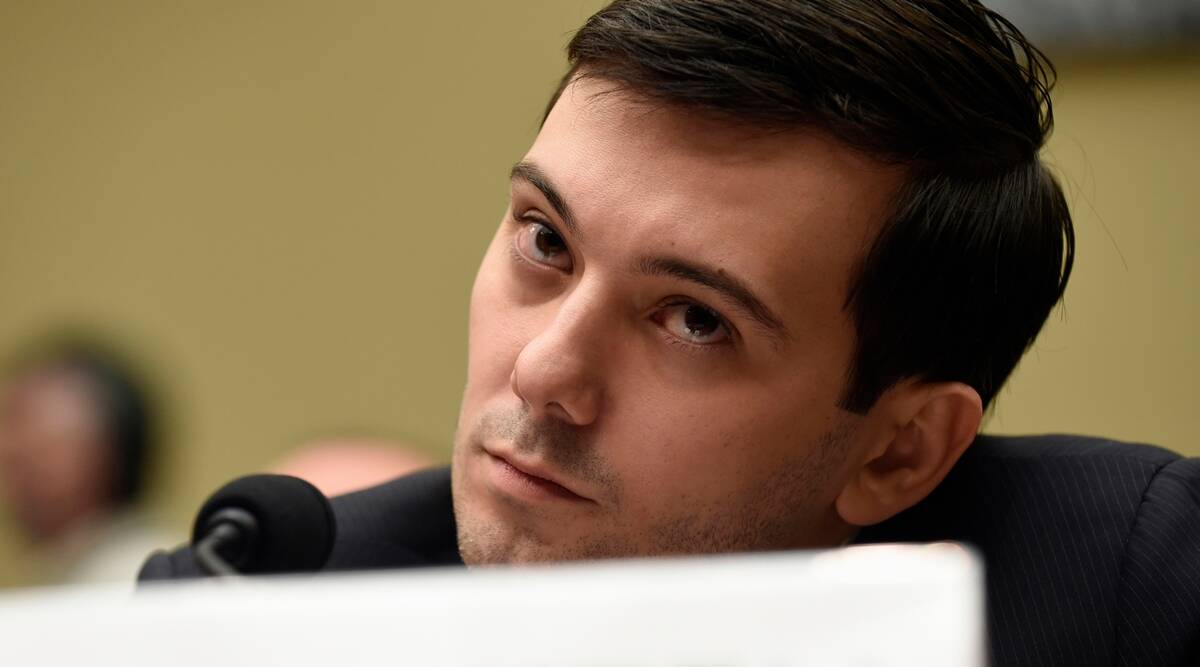 Last year, a coalition of major health systems banded together on an ambitious project to create a nonprofit generic drug company. The would-be firm’s driving mission? To combat both rising drug prices and medicine shortages.
Last year, a coalition of major health systems banded together on an ambitious project to create a nonprofit generic drug company. The would-be firm’s driving mission? To combat both rising drug prices and medicine shortages.
Consisting of premier names like Intermountain Healthcare, the Mayo Clinic, HCA Healthcare, and many others, it was eventually dubbed Civica Rx. And now, it has an official headquarters.
Located in Lehi, Utah (and therefore in the same state as the headquarters for Intermountain, whose CEO is one of the collaborative’s originators), Civica had a grand opening ceremony on Friday joined by a who’s who of Utah lawmakers and public leaders.
“Together we celebrate the reason why Civica Rx exists, in purpose and in brick and mortar, and that is to do what is in the best interest of patients by stabilizing the supply of generic medications,” said Martin VanTrieste, Civica Rx CEO, in a statement.
The question going forward will be the exact nature of Civica’s structure. Early indications suggest it will serve as a distributor for its member health systems; but, in the future, original generic drug development could also play a role in the company’s mission.
IBM scales back on Watson AI tool. Facing struggles in the marketplace, IBM’s Watson for Drug Discovery program is reportedly scaling back sales and development of a certain product, according to STAT News. “We are focusing our resources within Watson Health to double down on the adjacent field of clinical development where we see an even greater market need for our data and AI capabilities,” an IBM spokesperson told STAT in a statement on the issue. (STAT News)
Bad news for Lilly and Pfizer’s painkiller study. Drug giants Pfizer’s and Eli Lilly’s experimental non-opioid drug, delivered at a lower dose to patients, failed to meet its goals in a late-stage clinical trial, the companies announced Thursday. The trial involved patients with moderate-to-severe hip and knee pain related to osteoarthritis, and the drug is part of a new class of pain treatments using a different kind of action mechanism. Pfizer and Lilly stock were both down more than 1% in Friday trading. (Reuters)
FDA approves generic opioid antidote. The Food and Drug Administration (FDA) has approved the first generic version of the crucial opioid overdose antidote nasal spray naloxone. And the agency has several more moves in the works, it announced Friday. “In addition to this approval of the first generic naloxone nasal spray, moving forward we will prioritize our review of generic drug applications for naloxone. The FDA has also taken the unprecedented step of helping to assist manufacturers to pursue approval of an over-the-counter naloxone product and is exploring other ways to increase the availability of naloxone products intended for use in the community, including whether naloxone should be co-prescribed with all or some opioid prescriptions to reduce the risk of overdose death,” an FDA official said in a statement. (FDA)
The flu season is now the longest in ten years. The ongoing flu season may not be quite as severe as last year’s was—but it’s still the longest-lasting one in about a decade, according to new Centers for Disease Control (CDC) figures. There have now been 21 weeks of “elevated flu activity” (peak flu is usually around February before infections drop off in March and the spring). Part of the reason is thanks to a second wave of infections involving a different strain of the flu, according to public health officials.
[“source=fortune”]


















